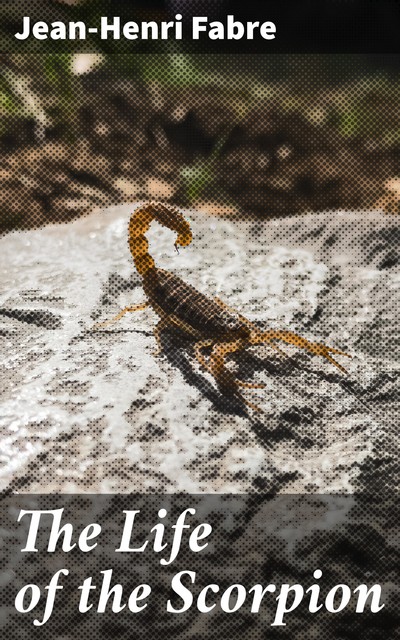In “The Life of the Scorpion,” Jean-Henri Fabre, a pioneering figure in entomology, delves into the intricate world of scorpions, revealing their complex behaviors and habitats through meticulous observation and vivid prose. Fabre adopts a naturalist style that interweaves scientific detail with literary finesse, seamlessly blending objective analysis and poetic imagery. This work exemplifies the 19th-century tradition of scientific exploration, emphasizing the interrelationship between humanity and nature, while inviting readers to ponder the evolutionary riddle posed by these fascinating arachnids. Fabre, deeply influenced by his upbringing in the natural landscapes of Southern France, cultivated a profound passion for entomology. His extensive field studies and unyielding curiosity enabled him to break from conventional scientific norms, instead, opting for an immersive approach that prioritizes experiential learning. Fabre'Äôs fascination with individual creatures reflects his broader advocacy for biology as an experiential discipline, one that appreciates the lives of organisms as worthy of study in their own right. I highly recommend “The Life of the Scorpion” to anyone interested in natural history or entomology. Fabre'Äôs accessible narrative not only enlightens but also enchants readers, fostering an appreciation for the often-overlooked intricacies of the animal kingdom.


